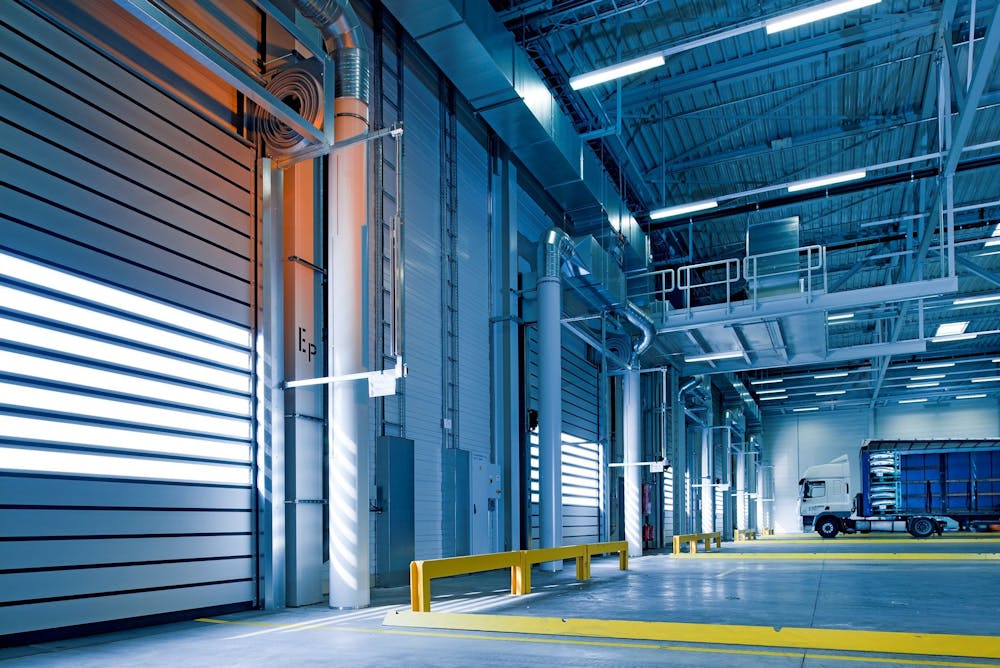In a country like India, where agriculture is the backbone of the economy, food preservation is critical. Cold storage helps prevent wastage and ensures fresh produce reaches consumers. The growing demand for fresh fruits, vegetables, dairy, and pharmaceutical products highlights why cold storage is becoming indispensable. With India’s diverse climatic conditions, cold storage facilities ensure year-round availability of perishable products, thus boosting supply chain efficiency.
Importance of Cold Storage in Rural Areas
- Reducing Post-Harvest Losses: Farmers in rural areas often face significant losses due to inadequate storage facilities. Cold storage helps them preserve their produce and sell it at optimal market conditions.
- Stabilizing Income: Cold storage allows rural farmers to store perishable goods during surplus periods and release them during times of shortage, ensuring a stable income.
- Facilitating Export: Many rural areas produce export-quality fruits and vegetables. Cold storage ensures that these products meet international quality standards and reach global markets in prime condition.
- Increasing Shelf Life: Rural cold storage infrastructure can help extend the life of agricultural produce, which is essential for increasing profitability.
Importance of Cold Storage in Urban Areas
- Meeting High Consumer Demand: Urban areas witness high demand for fresh produce, dairy, and frozen goods. Cold storage facilities ensure consistent supply.
- Ensuring Quality of Imported Goods: Urban cold storage facilities play a crucial role in maintaining the quality of imported food products, which are highly sensitive to temperature fluctuations.
- Supporting Retail Chains: Supermarkets, restaurants, and online grocery platforms rely heavily on cold storage to deliver fresh products to consumers without compromising on quality.
- Reducing Wastage: Cold storage in urban centers helps minimize food wastage by storing excess supply efficiently.
Incentive Schemes for Setting up Cold Storage in India
- National Horticulture Board (NHB) Subsidy: Provides up to 35% subsidy for cold storage projects in general areas and 50% in hilly or scheduled areas.
- Integrated Cold Chain and Value Addition Infrastructure Scheme: Offers financial assistance covering up to 50% of total project cost in rural areas.
- Agricultural and Processed Food Products Export Development Authority (APEDA): APEDA offers subsidies up to 40% for export-oriented cold storage units.
- State Government Schemes: Many state governments provide additional subsidies (ranging from 25%-50%) for cold storage units, based on their regional priorities.
- Priority Sector Lending by Banks: Cold storage projects often fall under priority sector lending, which means easier access to loans with lower interest rates.
Steps to Set Up a New Cold Storage Business
- Research Market Requirements: Understand the local market demand for cold storage services. This includes studying agricultural produce, dairy needs, and potential clients like supermarkets or restaurants.
- Consult with APMC: The Agricultural Produce Market Committee (APMC) can provide guidance on local requirements, ensuring compliance with government norms.
- Collect Engineering and Equipment Quotations: Reach out to reputed suppliers to gather quotes for cold storage construction and equipment, ensuring energy efficiency and durability.
- Prepare a Professional Cold Storage Project Report: A well-structured project report is essential for securing funding. Companies like Projectzo offer highly detailed and customized reports that can maximize your chances of obtaining loans.
- Approach Banks for Loans: Armed with a robust project report, approach banks for cold storage business loans. Many government-backed loans provide favorable terms for cold storage businesses.
- Focus on Sustainable Practices: Incorporate green energy solutions such as solar-powered refrigeration units to reduce operational costs and make your cold storage eco-friendly.
Important Note
Entrepreneurs must prioritize selecting the best and most durable equipment for their cold storage facility. Cutting corners on equipment will only lead to higher maintenance costs and operational inefficiencies. Equally important is the cold storage project report. A poorly crafted report can lead to rejection from banks or investors, jeopardizing your business plan. Projectzo is a trusted name, offering comprehensive project reports tailored to ensure success in cold storage ventures. Don’t settle for less—invest in high-quality services for a smoother, more profitable journey.
Conclusion
The cold storage business in India offers a significant opportunity for entrepreneurs, especially in today’s demand-driven market. With the right infrastructure, incentives, and professional guidance, this sector promises both economic growth and the potential to reduce food wastage across the country.



